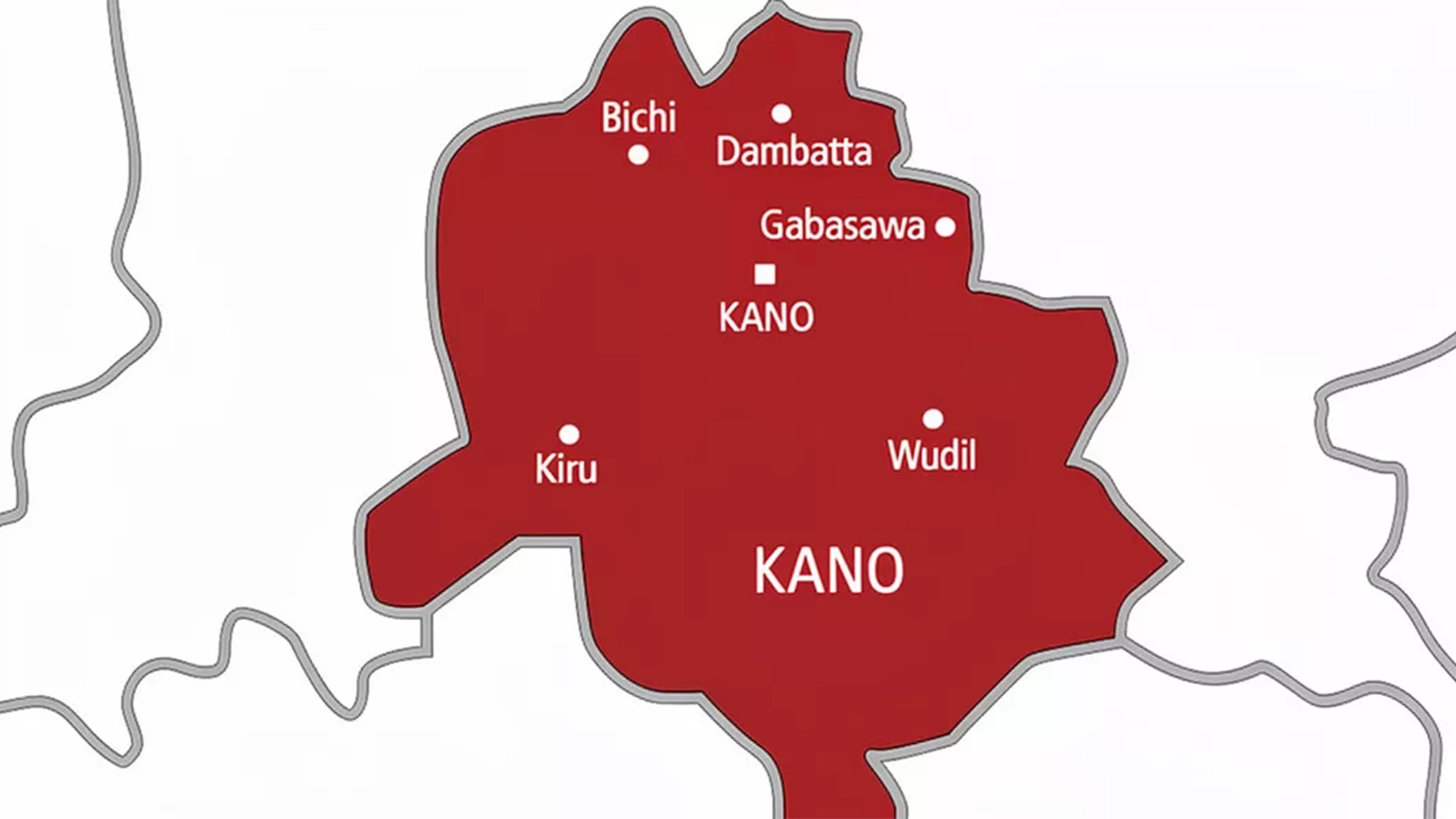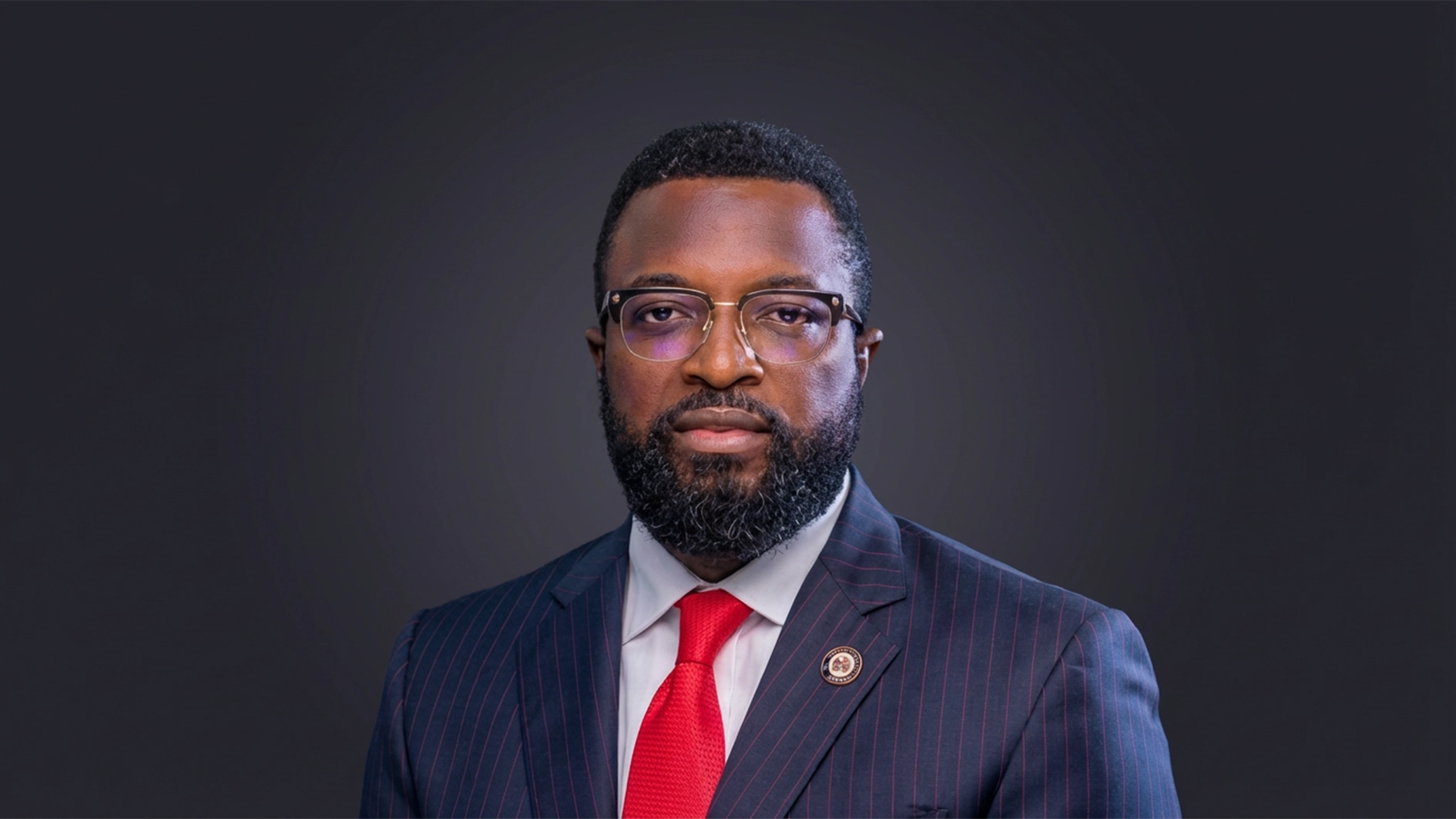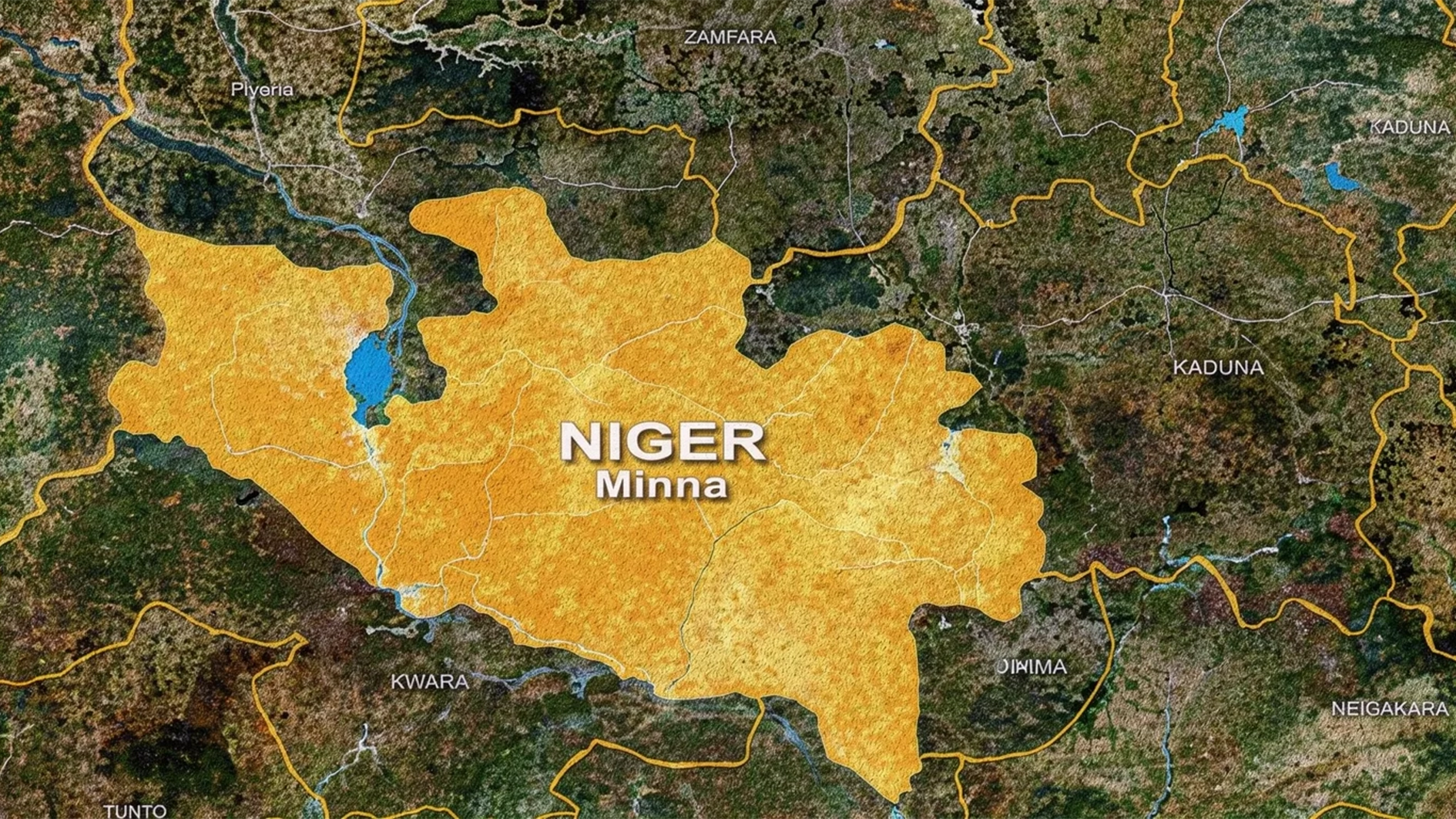The Illmi Children’s Fund (ICF) has trained 2,300 adolescent girls in digital literacy over four years to bridge the gender digital divide in Nigeria.
The organisation stated that it has reached more than 40,000 people across 40 communities during this period through initiatives focused on education, gender equality, and social inclusion.
Executive Director of the Fund, Maryam Augie-Abdulmumin, in a statement on Thursday, said the programmes include the establishment of five literacy centres in Adamawa, Borno, the Federal Capital Territory (FCT), and Kano.
According to her, this initiative has provided basic education and vocational skills to over 5,000 people, as well as scholarships to more than 200 students from elementary to secondary school.
While marking the organisation’s fourth anniversary, Augie-Abdulmumin stated: “Over the past four years, we have witnessed resilience, collaboration, and the undeniable power of education to transform lives. Every child who learns, every girl who gains a skill, and every teacher who is empowered reminds us that positive change is possible when we act together.
“This journey would not have been possible without the dedicated support of our partners, sponsors, volunteers, communities, and beneficiaries.”
She added that during the review period, the fund’s intervention involved establishing 23 gender clubs, training 500 students and 46 guidance counsellors to prevent school-related gender-based violence, and supporting 500 female teachers with financial literacy and classroom management training.
“The fund has further advanced social inclusion by facilitating identity documentation for 1,800 nomadic youth in the Federal Capital Territory through the Community Action for Social Rights and Access (CASRA) program, ensuring access to rights and opportunities.
“The next phase will focus on scaling programs nationally, deepening digital inclusion, and amplifying policy advocacy so that education, gender equality, and social inclusion remain central to Nigeria’s development agenda,” she added.






